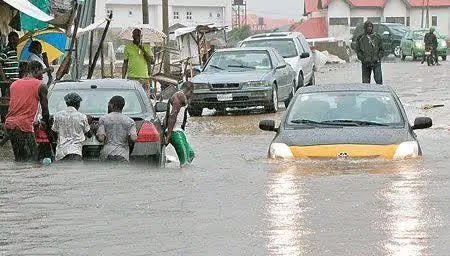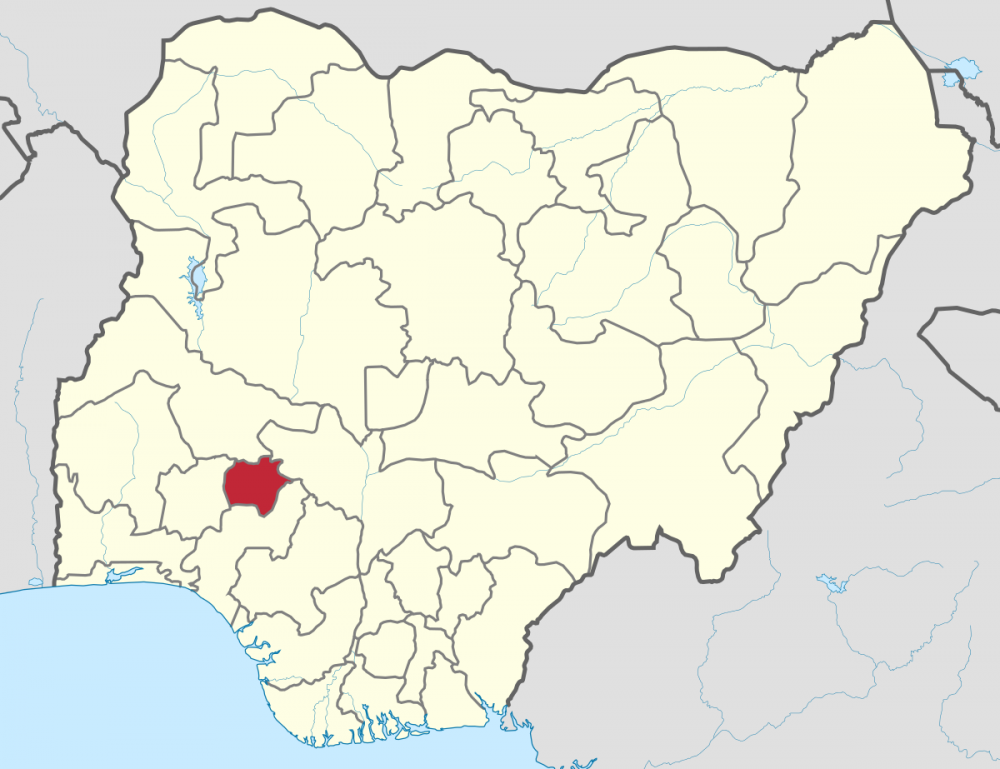Korede Abdullah in Lagos
IHS Nigeria and UNICEF have partnered to provide life-saving support to communities devastated by the recent floods in Mokwa Local Government Area (LGA) of Niger State.
This was revealed in a joint press release by both IHS Nigeria and UNICEF on Thursday.
The May 29, 2025 disaster, triggered by torrential rains, claimed over 153 lives, left hundreds injured or displaced, and destroyed more than 10,000 hectares of farmland across Tiffin Maza, Ungwan Hausawa, Yagbagba, Ndayeko, and Wubegi.
With over 500 people still missing, and more than 1,600 children and 800 pregnant or lactating women in urgent need, the humanitarian crisis ranks among the worst in the state’s history.
To address the emergency, IHS Nigeria has pledged significant funding to support UNICEF’s rapid response. The assistance includes constructing solar-powered motorized boreholes, ventilated improved pit latrines, and rehabilitating a damaged primary healthcare center with solar energy.

“This emergency support from IHS Nigeria comes at a critical time when thousands of children and families are facing enormous hardship,” said Cristian Munduate, UNICEF Representative in Nigeria. “Today’s renewed collaboration ensures that the children of Mokwa are not left behind.”
UNICEF has swiftly deployed integrated interventions across affected communities, delivering clean water, sanitation facilities, therapeutic nutrition, health services, psychosocial support, and temporary learning spaces.
The joint initiative is expected to benefit more than 30,000 displaced people and community members. “Our partnership with UNICEF is a proven model for helping deliver sustainable impact in some of Nigeria’s most vulnerable regions,” said Mohamad Darwish, CEO of IHS Nigeria.
“By working together once again in Mokwa, we are helping deliver access to water, health services, and dignity for families who need it most.”
IHS Towers, one of the largest independent owners and operators of shared communications infrastructure by tower count, focuses on emerging markets with over 39,000 towers across eight countries, including Brazil, Cameroon, Colombia, Côte d’Ivoire, Nigeria, Rwanda, South Africa and Zambia.



